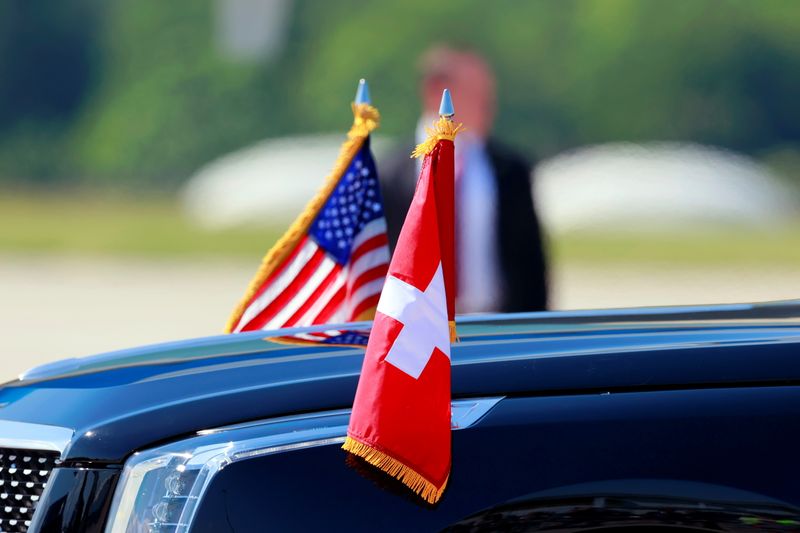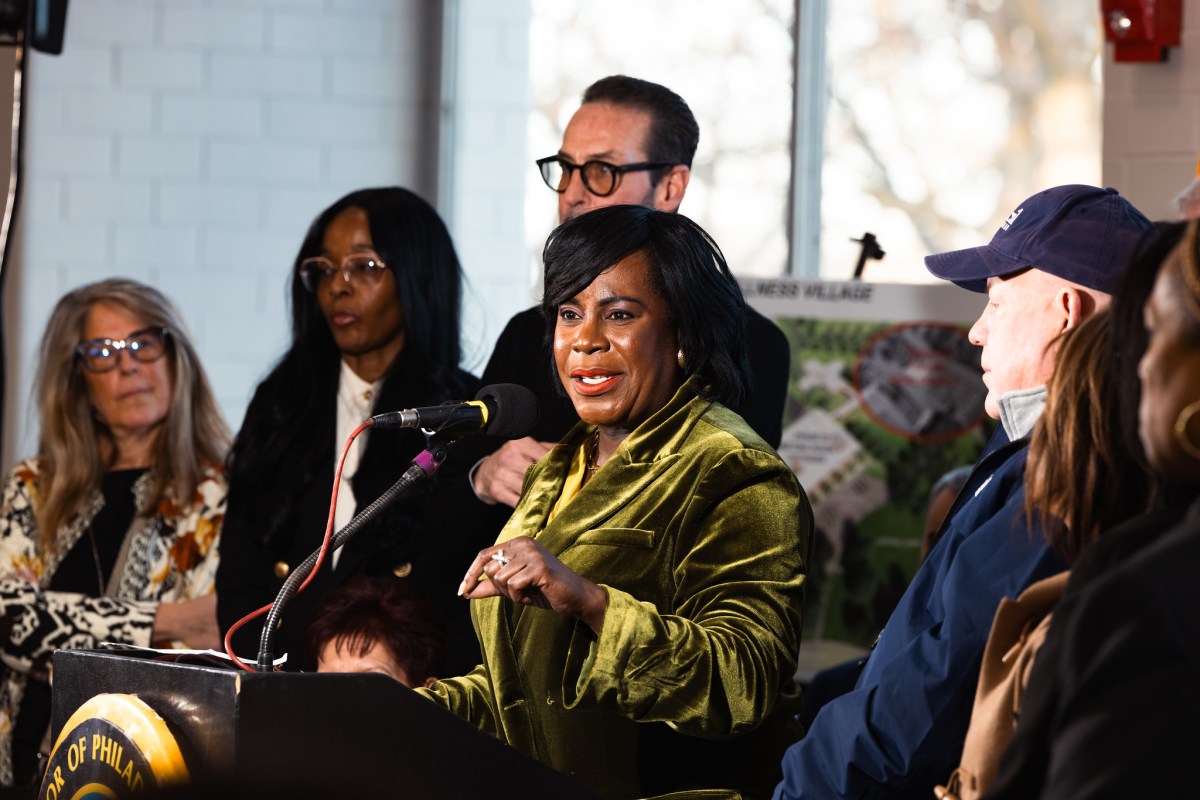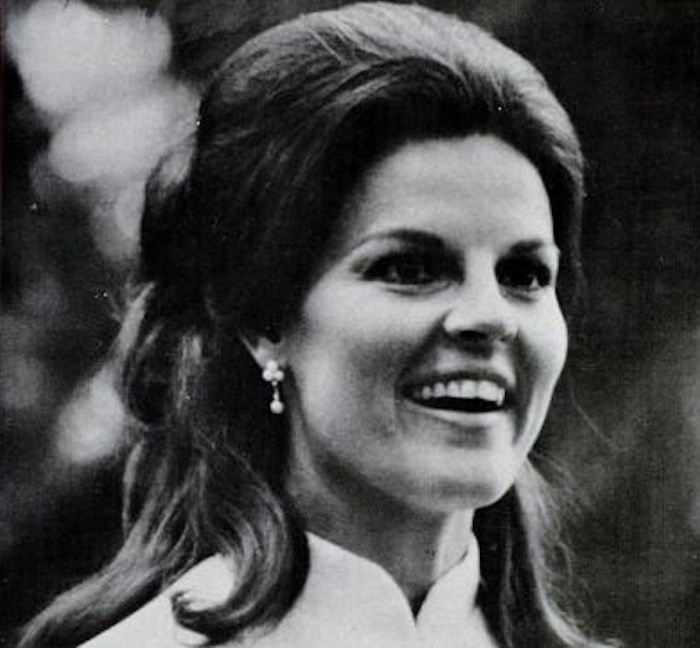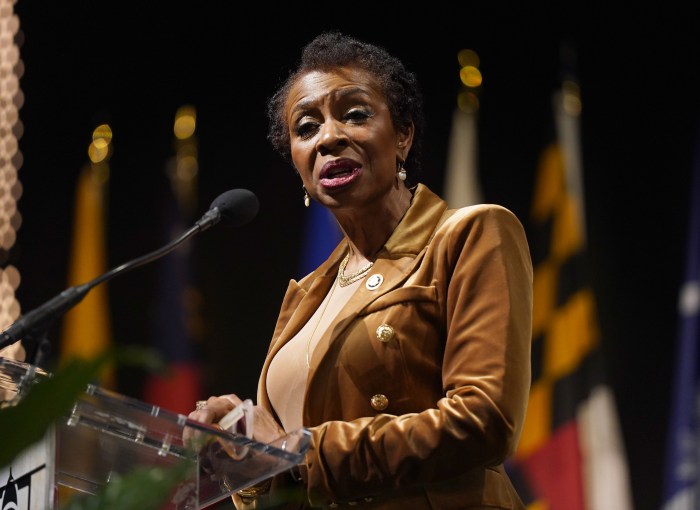GENEVA (Reuters) -U.S. President Joe Biden voiced support on Tuesday to speed up approval of the financial transfers needed to deliver more food and medicines to Iran through a Swiss humanitarian channel, Swiss Foreign Minister Ignazio Cassis said.
Cassis, speaking to a news conference after the 30-minute talks with Biden in Geneva, said: “The trouble is it hasn’t been used enough, and why? Because there are transfers of funds that still require approval, and I think on this the U.S. is willing to accelerate their decisions so that this channel can be used to its full effect.”
Only a trickle of deals has gone through so far.
Neutral Switzerland has represented U.S. interests in Iran since the 1979 Islamic revolution, often serving as an intermediary for prisoner exchanges between the two foes.
Biden and Swiss President Guy Parmelin also discussed ongoing negotiations to revive a big power agreement on Iran’s nuclear programme that Washington ditched under former President Donald Trump, Cassis said.
“We talked about this nuclear agreement, about the intention of the United States to do everything it can to move things forward,” he said.
“The situation is very difficult at the moment, you know that (presidential) elections will be held in Iran very soon and I think one should not have too high expectations.
“However it is clear that the intention of this American administration is to try to find a new path, which won’t be easy, because there has been a long history of feuds,” he added.
Geneva hosts the first summit between Biden and Russian President Vladimir Putin on Wednesday, including on nuclear security issues, with expectations low on both sides.
Russia is holding former U.S. marine Paul Whelan on an espionage conviction, and Trevor Reed, another former U.S. marine, for an alleged assault on a police officer. Both deny wrongdoing. Their families have pressed for their release ahead of the summit.
Asked whether Switzerland might use its good offices to facilitate a prisoner handover, Cassis said: “Switzerland is always ready to provide help for prisoner exchanges, especially for countries where it plays the role of a protecting power.”
(Reporting by Michael Shields and Stephanie Nebehay; Editing by Chris Reese and Chizu Nomiyama)
























